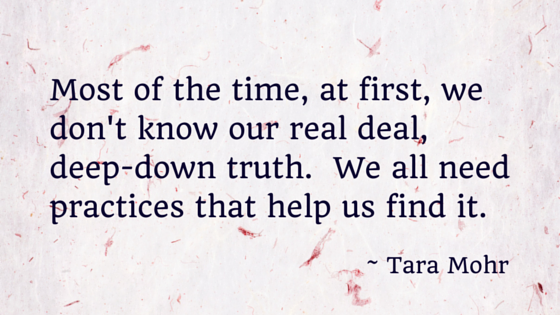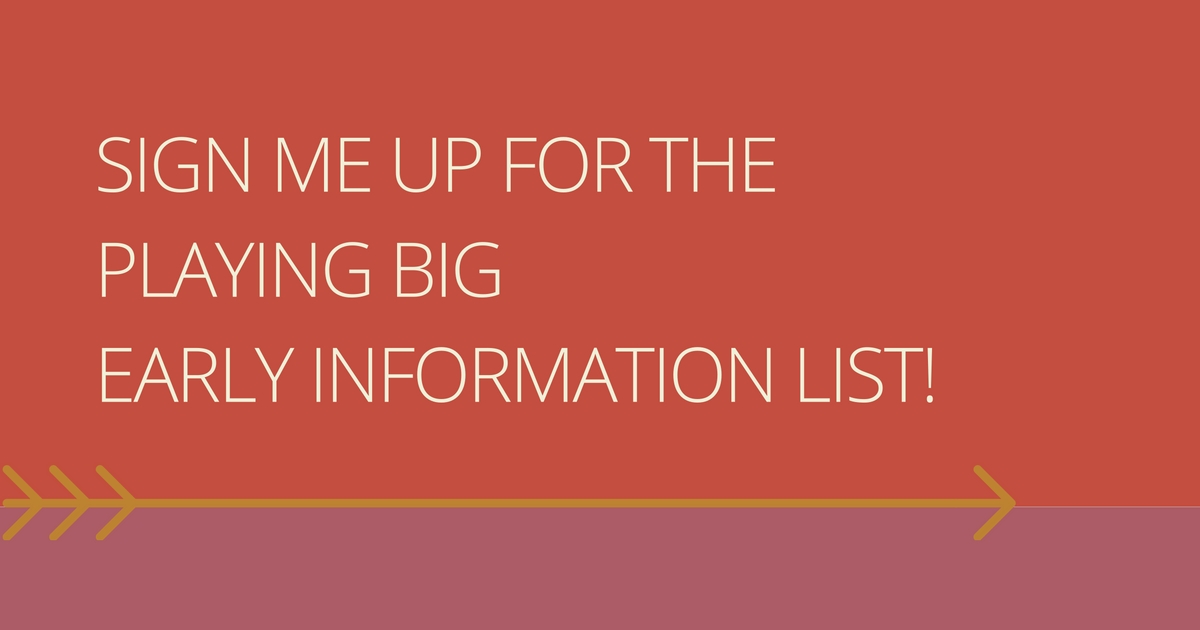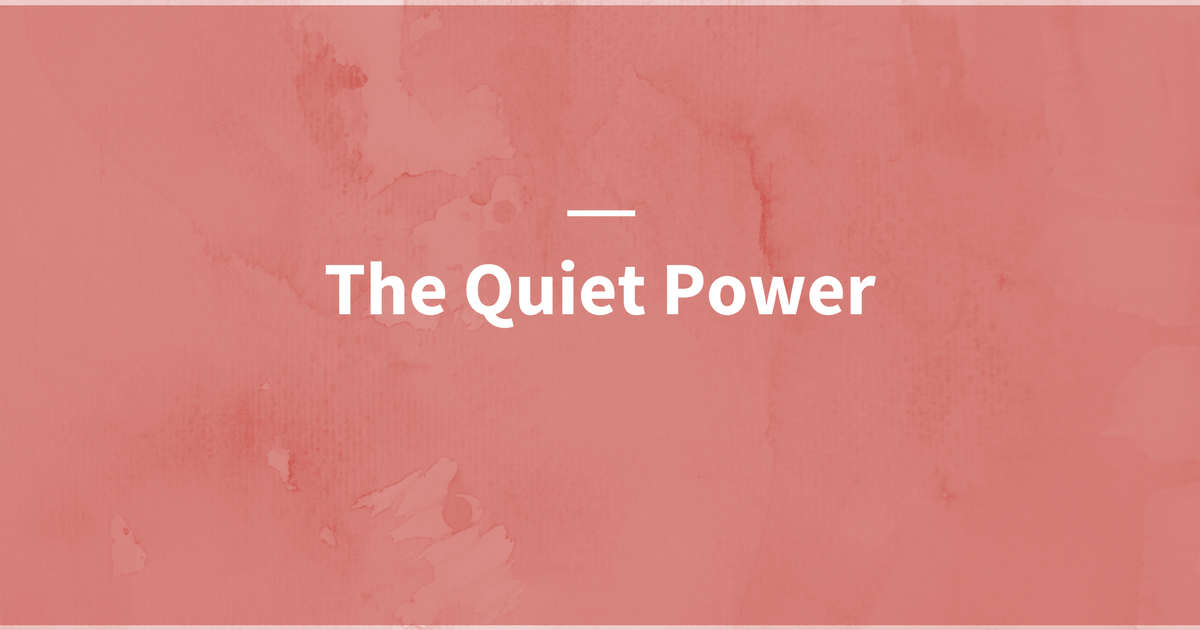These days I pray a lot for this: to be more honest. At first I was praying for courage, but then I realized I wanted courage in order to more honest; honesty was the heart of the matter.
It’s not so much that I’m lying. I’m not. (I don’t think I have ever lied to you, even those who have read all 500 posts here.)
But as we all know, there is a difference between lying and just not quite being brave enough to tell the whole truth. For me, the truth I often don’t tell is what I really think about topics like these: love, war, violence, peace, forgiveness, us.
I get afraid my ideas are too radical. I get afraid everyone will call me naive, like they did when I was a kid, when I said things like war was insane.
With my prayer for honesty, I’ve started wondering … what does it actually take, inside of us, to enable us to be honest?
If honesty is the fruit, what is the seed?
Courage is a part of it, yes. That’s what helps us say what we have to say.
But lately I’ve realized there is a second part that’s just as important (if not more important) in enabling honesty, at least for me.
I need time, time spent finding out what it is that I have to say.
A lot of the time, I don’t know what the honest thing is for me. I don’t know what’s real deal, heart-of-the-matter truth for me. I don’t have access to it at first.
I need time to figure out what I really feel. And not just, “leave me alone to sleep on it” time, but time used in a particular way.
An example. The other day my husband and I were talking about our routine – how we design our daily lives now that we are parents. We both wanted to make some important changes to the way things work now, but different changes, and we’d been at an impasse around creating a plan. In this particular conversation, we talked and talked about our respective points of view. We weren’t getting anywhere.
Then, about 50 minutes in, something remarkable happened. I stumbled on what I really felt about the situation. The words came out, and then the tears. We suddenly both saw what the real issue was, what the real impasse was. It had to do with some barely conscious beliefs I hold about what a “good mother” does.
The amount of time we’d set aside for the conversation was coming to an end, but we both recognized the conversation had really just begun.
That’s not unusual for me, that it might take me quite a while of talking with a friend or loved one about an issue before I stumble upon my real honest opinion or thought or feeling or frustration or hope or desire about it.
One of the things that is rather amusing about this is that in all the blabbing, I’m usually not aware that I haven’t hit upon my truth yet. I think I’m talking all about how I think and feel about the situation, and it’s only when I get to the real truth, I realize all that other stuff wasn’t quite right, or just wasn’t the pertinent part.
You know those times when you are describing how you feel about something but it all feels kinda constrained and clunky and cerebral? It’s such a contrast when we stumble upon and speak our truth. Then, often, there are tears, feelings of vulnerability, but also of sensations of release, freedom. And there is startling clarity.
Why does this matter? And not just for navel-gazing, but for every important conversation we have – individually and collectively – whether about our personal lives or societal and political matters? Because it’s not until we each find our own truths that we can move through them, and it’s not until we speak those truths that we can have any kind of real conversation with others. Everything about the quality of our dialogue depends on our ability to access what is the real deal truth for us. Whether it’s a truth of feeling guilty, or afraid, or a truth of not knowing what to do. Whether it’s the truth of very old pain, or of new pain. Whether it’s a truth of feeling powerless, or angry.
Not everyone uses talking to get to their truth. You might paint your way to it over a few hours in the studio, or hike your way to it, or compose a song to find it. Journaling is another well-worn path there. But whatever your method, remember that we all need time and space, a lot of the time, to get to what is true to us, and we need to be sensitive enough as we move through that time and space to feel the different sensations of the non-truths and the truth.
I am not sure I can think of a better reason to slow down, then to give yourself the time and space to unpeel and dive your way to your truth. Because your truth is your light, your home, and your compass, too. And your truth is a gift to me, too; it will always reveal the light.
Love,
Tara
Click to tweet: How do you find out your real deal, deep down truth?
and
Click here to share this post on Facebook.







Oh wow, what a perfect and beautiful way to remind us to not rush all the time and be busy all the time but instead give our inner voice the time to come to the surface. Thank you Tara!
Hi Tara,
Thanks so much for your honesty about being honest. It lead to a light-bulb moment for me. Until I read what you said about talking and talking until you finally got to your own personal truth about an issue I had never thought about it enough to realize that’s exactly what I do and do often. It’s what I need to do to really get to the heart and soul of the matter at hand. More importantly it made me feel perfectly okay with this just being my process. Thanks so much!
Hello Tara:
Thank you for another resonant post.
You’ve written gently and persuasively and personally about a very, very, difficult subject.
Little by little, I am finding my way back to some personal faith that was lost over the last few years when I “became” a “victim.”
To do so, requires honesty. You’re right–we often assume we are stating our thoughts and feelings honestly, sincerely, and freely when we are mainly dishing up a cheap vegetable soup/creamed corn quick-lunch of: received opinions, common sense arguments, labels and memes, jargon and catchphrases, wannabes, wishful thinking, distorted perceptions, unintended judgments and prejudices, impossible ideals, false memories and nostalgia, and above all a concoction of blaming, shaming, bullying, taunts, manipulations, psychoanalyses professional and amateur, entitlements, dramatics,self-congratulations and flatteries all swallowed whole,stewed over and reheated less than a pinch of relevance.
That’s a long metaphor–but humour is one way I’ve begun to approach the truth. So is Haiku. Not this, not that…what’s suspended in that blank space?
George Orwell’s famous essay on “plain English” is chauvinistic in now-obvious ways (does Hemingway not lie with the simplest language?)but he is right on this one: If you use borrowed phrases and clichés to express–or better, dress up your thoughts–your thoughts will likely be borrowed as well, and you’ll conceal your meanings from everyone including yourself.
And behind all this obfuscation is our famous adversary, Tara, fear. Fear of rejection. Fear of not looking good. Fear of looking better than is good for us. Fear of being mocked, laughed at. Fear of losing place/face. Fear of name-calling. Fear that some of what they say– bad stuff–may be true. Fear of I-told-you-so. Fear that some of what they said–good stuff–wasn’t true. Fear that our treasure will turn into a booby prize before our eyes.
Very accidentally, I stumbled upon the blog/memoirs of the British writer Jenny Diski, appearing in the London Review of books. She presents her enfant-terrible younger self as diagnosed in 1970’s London. With a borderline personality disorder. And she owns this “disorder” now as her personality. “Mad and bad,” brutally honest, disloyal, unconventional, wild, creative. A few months ago I told a cousin I love: “Well, I bit the hand that feeds me…but sometimes it’s better to bite the hand that’s feeding you than kiss the ass…”
Well, maybe what they say is true. And maybe that’s a damn good thing, for you to know the truth. You can only move forward from where you really are. Maybe, yes, you’re Shiva in this life, shit-disturber nec plus ultra, a disaster waiting to happen. It isn’t great to live out Shiva. But that may be your calling. Ours. My calling. And what I am, mad or bad, doesn’t matter. The work, the meaning, the calling matters, whatever it means I am.
Donna–love and squalor, this one
Thank you for this.. it is very timely. I am in the medical field, and it’s always hard to really speak my truth about my yoga and mindfulness teachings in that crowd! I get tongue tied and try to please… and hate myself after. I have spent a lot of time defining my truth and my ‘why’ and now it comes time to practice speaking, incessantly, about what I am here to say!
My husband and I discovered a way to get down to a deeper level of communication on our Worldwide Marriage Encounter Weekend, and we used it every day to discover our feelings beneath the things we were discussing. We had a good marriage before, but using the things we learned, we grew into a fantastic marriage that got better every year.
Very well saidone Tara
Once again, Tara, your post resonates as if you have read my mind and soul. Your words are so soothing because they validate a burning truth at my core with which few others seem to be aligned. Finding our personal truth is the best possible way to live a deeply meaningful, vibrant life. Hearing you, a bright and accomplished guru, saying you need TIME to find your truth gave me relief and support. I am not a slow poke, simply on par for the course. Have you ever been traveling in a foreign speaking land when you begin to grow weary of hearing only foreign language? And then you stumble across the path of another American speaking English, and you just want to hug them? That’s how I felt reading your post! I could hug you for speaking my language!
Once again – I am so grateful for you. You are refining the discussion on speaking truth.You’ve described it well. I have been noticing similar frustrations born of impatience. Let’s practice grace in the face of pressure to “Know”. It will lead to crystalline, nitty-gritty truth.
Hi Tara,
Ive enjoyed reading your posts. This one reminds me alot of Parker Palmers book Hidden Wholeness – where he talks about the value of circles of trust. The idea that we need to create conscious spaces to allow our souls to reveal their truth to us. A beautiful read if you haven’t read it.
Best
Elise
Oh Tara, how I would love to introduce you to the work of Nancy Kline and the Thinking Environment.
Thank you for this Tara. I have so often had the experience you are referring to talking and talking until I hit the real truth underneath. And with the tears come recognition and relief.
I feel such a synergy here because this month has been my month that I have committed to being more honest. Not just more honest with myself, but on my blog, with my work, with everything. I decided to do a blog post everyday this month and give myself less time to write it. So that I couldn’t escape my honesty with long, blog posts that leave space for my critic. So even though I am spending less time with each post, in the end, I have more time to practice being honest. Each post I get to a deeper layer of truth. I am practicing post by post, revealing more of my honesty. Little by little. And I am only reading women who dared to be really honest, like your blog, Lena Dunham’s book, Anais Nin.
Tara, thank you very much. I have been aware of how deep my truths are buried but haven’t been sure how to access them. Thanks for pointing the way – again. Your gift of expressing your journey in words that resonate with so many of us is indeed a blessing in this world.
Querida Tara
Cada post tuyo me sumerge en unestado profundo de reflexión y encuentro conmigo misma. Sabes cómo hablar directo desde el corazón, sin caer en sensiblerías baratas.
gracias por compartir tus experiencias y ser tan inspiradora.
Greetings from Argentina.
Fernanda
Dear Tara, I have found so much value in exploring your blog and YouTube over the past hour. I cannot say thank you enough x